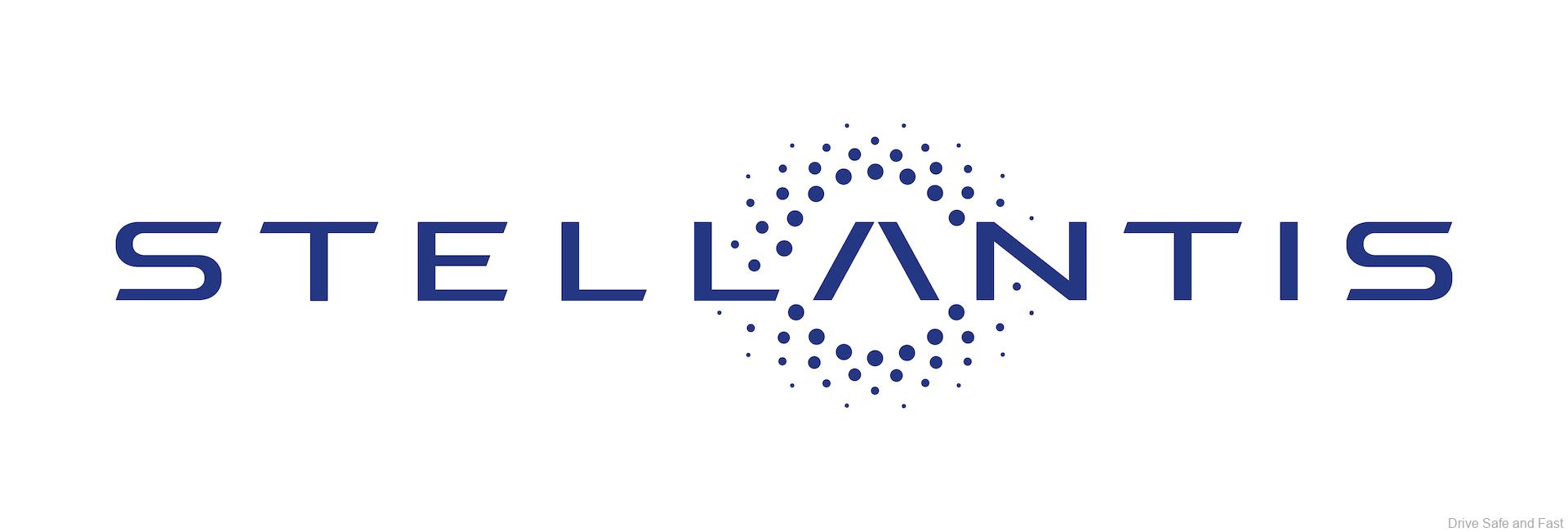With Jeep suffering the most shutdowns under Stellantis, is the group in trouble overseas?
Stellantis, the automotive giant behind 13 brands, recently announced a temporary halt in production at its Detroit Assembly Complex, Jefferson, impacting the output of its Jeep and Dodge models from 28 October to 1 November. This pause follows a challenging year for the company, which has already seen approximately 200 permanent layoffs as of September.

The decision to stop production comes amidst ongoing adjustments at several U.S. assembly plants, including Toledo North, Jefferson and Mack, where Stellantis is trying to align production with declining sales. Reports indicate that production of the Jeep Wrangler and Grand Cherokee SUVs was first affected due to a recall query from U.S. auto safety regulators concerning nearly 94,275 Jeep Wrangler 4xe hybrid SUVs manufactured between 2021 and 2024.
Moreover, Stellantis has stated that it will resume production at certain U.S. assembly plants after necessary adjustments are made. Meanwhile, the automaker has appointed Bob Broderdorf, formerly a senior vice president at Ram, as the new head of Jeep North America.We hope to hear more good news soon.

The company’s operational challenges extend beyond Detroit, as other major facilities, including the Toledo Assembly Complex and the Warren Truck Assembly Plant, have also scaled back production due to low orders and inventory issues. In total, 51 workers at both the Mack and Jefferson plants have been indefinitely laid off, which adds to the series of alarming job cuts.
On top of that, Stellantis’ struggles are compounded by a notable 20 percent drop in U.S. sales in the third quarter compared to the previous year. The automaker is actively working to reduce high inventories of various models that have contributed to dealer complaints and investor concerns.

Stellantis has projected that by the end of 2024, its dealer inventory will not exceed 330,000 vehicles, a significant revision from earlier estimates. As the company grapples with these production challenges and sales declines, questions arise about why Stellantis is suffering.
Are these issues a result of broader market trends, such as shifts in consumer preferences, or are they indicative of deeper operational inefficiencies? Stellantis has acknowledged the need for difficult but necessary actions to improve operational efficiency across its facilities, signalling ongoing adjustments in response to a volatile market.

We got all this from Reuters and The Detroit News. Thank you Reuters and The Detroit News for the information and images.